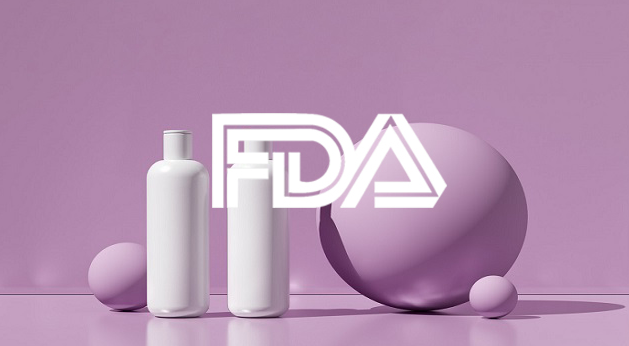The U.S. Food and Drug Administration (FDA) regulates cosmetics under the Federal Food, Drug, and Cosmetic Act (FD&C Act). Unlike drugs, cosmetics do not require pre-market approval from the FDA. However, they must comply with specific guidelines to ensure safety and proper labeling. Manufacturers are responsible for ensuring that their products are safe for use and free from harmful contaminants. Familiarizing yourself with FDA regulations is the first step in aligning your cosmetic products with federal standards.
Conducting Safety Testing for Cosmetic Products
Safety is a critical component of the FDA’s expectations for cosmetics. Manufacturers must conduct thorough testing to confirm that their products are safe for human use. This includes evaluating the product for skin irritation, allergic reactions, and long-term health effects. It is crucial to document all test results meticulously, as these records may be requested by the FDA. Additionally, using ingredients that are widely recognized as safe can simplify compliance with FDA safety guidelines.
Proper Labeling to Meet FDA Requirements
Labeling plays a pivotal role in ensuring that cosmetics meet FDA standards. Cosmetic labels must include the product name, the net quantity of contents, the intended use, and a complete list of ingredients in descending order of predominance. Claims made on labels must be truthful and not misleading. Avoid making claims that classify the product as a drug, such as “treats acne” or “reduces wrinkles,” unless the product meets drug criteria. Accurate labeling minimizes the risk of enforcement actions and builds consumer trust.
Registering with the FDA Voluntary Cosmetic Registration Program
While cosmetic registration is not mandatory, participating in the FDA’s Voluntary Cosmetic Registration Program (VCRP) can demonstrate your commitment to compliance. Through the VCRP, manufacturers can submit product information and ingredient data to the FDA. Although not a requirement, registration provides transparency and helps the FDA monitor trends and safety in the cosmetic industry. Taking this step can enhance your brand’s credibility with consumers and regulators alike.
Addressing Adverse Events and Ensuring Ongoing Compliance
Once your cosmetic products are on the market, it is essential to monitor their performance and safety. If consumers report adverse reactions, document and investigate these incidents promptly. Reporting adverse events to the FDA ensures transparency and helps maintain compliance. Regularly reviewing ingredient lists and updating formulations to adhere to changing regulations is also crucial. Ongoing diligence helps maintain consumer confidence and mitigates the risk of penalties or product recalls.how to get fda approval for cosmetics

